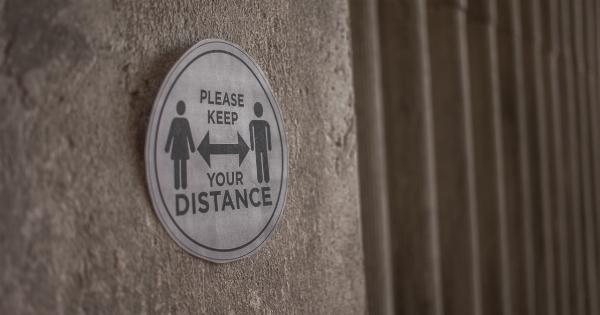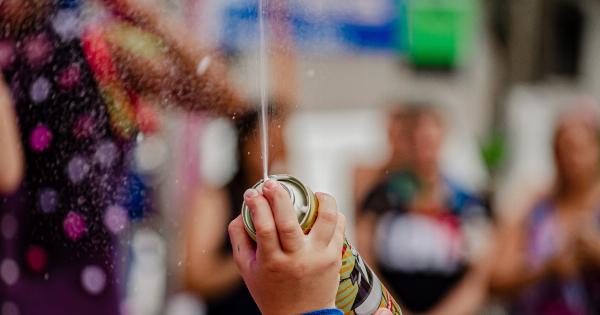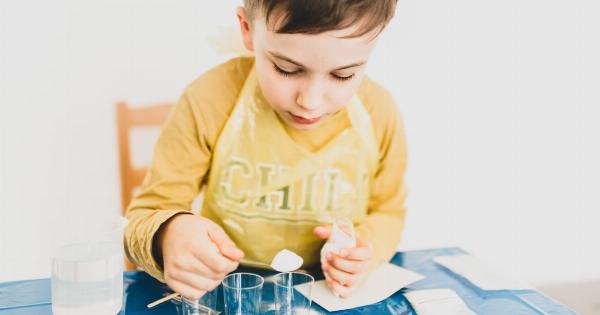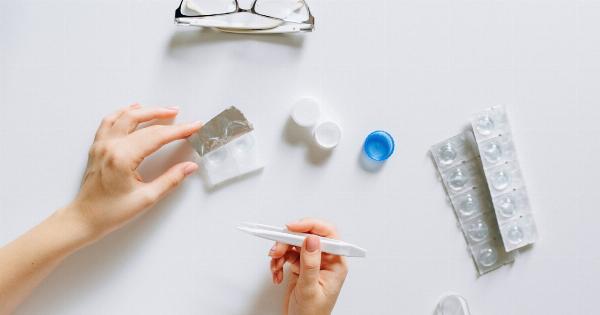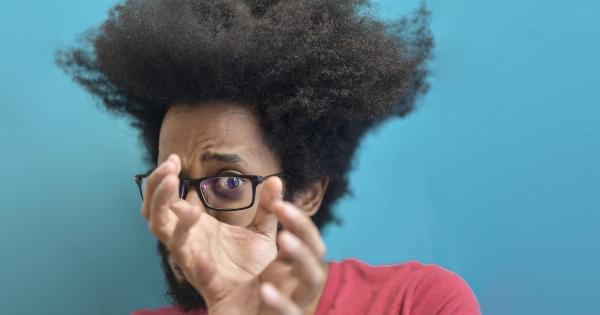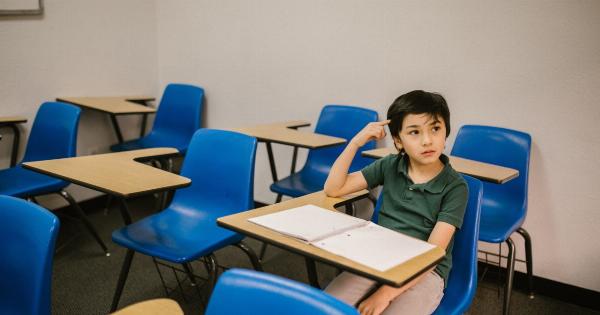Myopia, also known as nearsightedness, is a common eye condition that affects millions of people worldwide. People with myopia have difficulty seeing objects that are far away, but can see nearby objects clearly.
The condition is caused by an elongated eyeball, which causes the light to focus in front of the retina instead of on it, leading to blurry vision in the distance.
While genetics play a significant role in the development of myopia, new research has found that there is another factor that increases the risk of developing the condition: spending too much time indoors.
What the Research Found
A study published in the journal “JAMA Ophthalmology” found that spending more time indoors was linked to a higher incidence of myopia.
The study looked at data from more than 10,000 young adults in the United States and found that those who spent more time indoors had a higher likelihood of developing myopia.
The study also found that people who engaged in outdoor activities on a regular basis had a lower risk of developing myopia. This suggests that spending time outdoors may be protective against myopia.
Why Spending Time Indoors Increases Myopia Risk
There are several theories as to why spending time indoors increases the risk of myopia. One theory is that indoor activities, such as reading, studying, and using electronic devices, require the eyes to focus close up for extended periods of time.
This constant close-up work may cause the eyes to adapt to seeing things up close, which can lead to myopia.
Another theory is that the lack of natural light indoors may be a contributing factor. Sunlight is an important source of vitamin D, which is thought to play a role in eye health.
When people spend too much time indoors, they may not get enough natural sunlight, which can have a negative impact on the eyes.
Why Spending Time Outdoors Lowers Myopia Risk
Researchers believe that spending time outdoors may be protective against myopia because of the bright light and the larger field of vision.
When people are outdoors, their eyes are exposed to higher levels of natural light, which can help to regulate the growth of the eye. Additionally, when people are outdoors, they are more likely to look at objects in the distance, which can help to prevent the eyes from adapting to seeing things up close.
What Can You Do to Lower Your Risk of Myopia?
If you are concerned about developing myopia, there are several things you can do to lower your risk:.
- Spend more time outdoors.
- Take regular breaks when doing close-up work, such as reading or using electronic devices.
- Make sure your work area is well-lit.
- Eat a healthy diet that includes plenty of vitamin D.
The Bottom Line
New research has found that spending too much time indoors is a risk factor for myopia. People who spend more time outdoors have a lower risk of developing the condition.
While genetics play a role in the development of myopia, there are things you can do to lower your risk, such as spending more time outdoors and taking regular breaks from close-up work.




